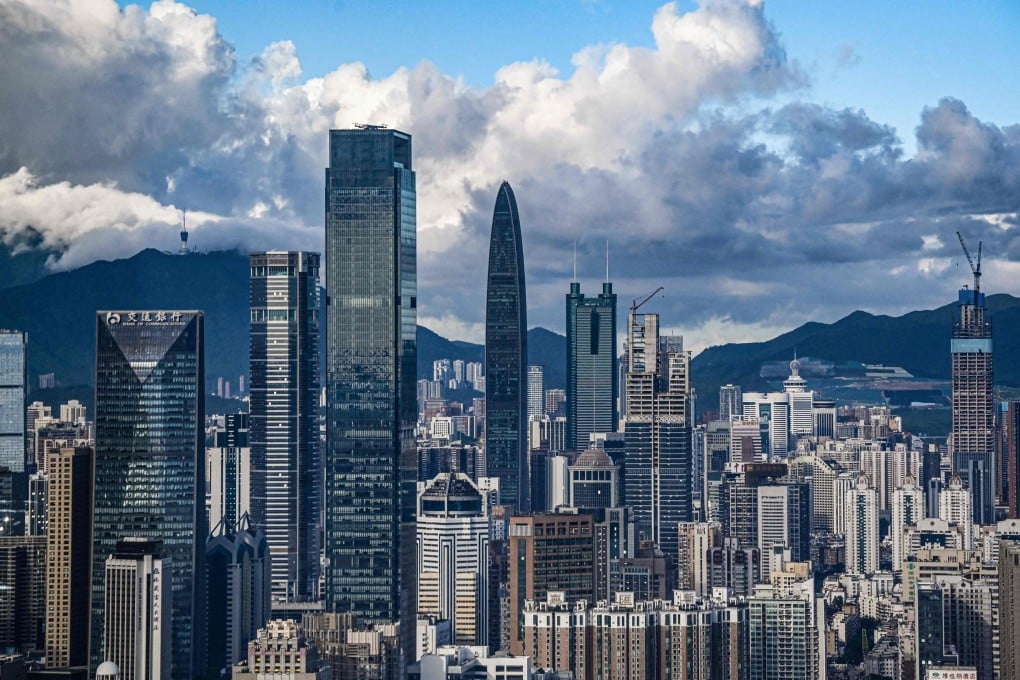Shenzhen aims to be China’s artificial intelligence hub with special guideline to boost development and secure privacy
- The Shenzhen government has passed China’s first local regulation dedicated to boosting AI development, to go into effect in November
- The regulation encourages government agencies to be early AI adopters and establishes a related ethics committee to draw up safety guidelines

The regulation, which takes effect in November, seeks to promote the AI industry by encouraging government agencies to be the early adopters of related technologies and enhancing financial support to AI research in the city. In particular, the Shenzhen government will set up public data sharing rules and open certain types of data to businesses and institutions working in the industry.
“As a strategic technology that is expected to lead future transformations, AI has been achieving rapid growth and at the same time bringing new challenges in security, privacy and fairness. At present there is no specific legislation for the AI industry at the national level,” the Shenzhen authority said in a statement on Monday.
“It is necessary to integrate the global AI governance system and Shenzhen’s current situation to regulate the AI industry in our city in an orderly manner and explore the Chinese plan for AI governance,” it added.
The move by Shenzhen – home to over 1,300 AI-related firms, according to the Shenzhen Artificial Intelligence Industry Association – is part of China’s ongoing efforts to become an AI superpower. At the same time, many of China’s key businesses in the industry are struggling to turn a profit, while China’s AI ambitions face headwinds from US restrictions on access to advanced chips.
Under the new regulation, AI products and services in Shenzhen deemed to be low risk will be allowed to undergo testing and trials, even when local and national standards are lacking, as long as they meet international standards. The government plans to define what it means to be low-, medium- or high-risk technology.
The regulation also requires the government to establish an AI ethics committee that will draw up safety guidelines and research the technology’s impact on data protections, employment and other social issues.